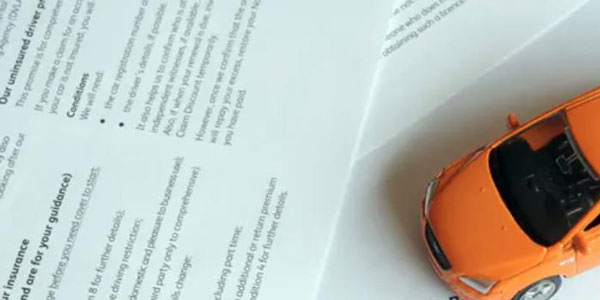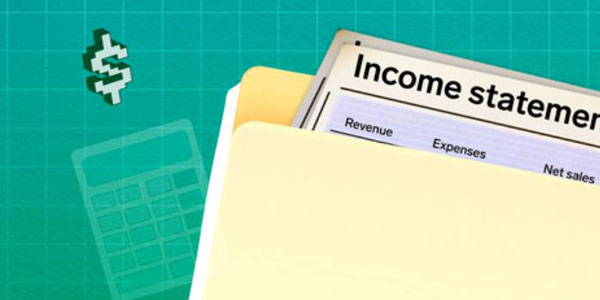Introduction
You should not have worked during that year to avoid filing taxes if you had no income to report from the previous tax year. Whether you are single, married, filing either separately or jointly, a head of household, etc., your minimum taxable income is subject to annual adjustments by the Internal Revenue Service. If your income is below the filing requirement, you are exempt from filing a tax return. However, you may still want to file if your income is little or nonexistent.
Even if you had no income last year and are therefore not obligated to file, you may want to do so to take advantage of potentially refunding tax benefits. When you do not have income from employment, you may still be eligible for a tax refund if you have refundable tax credits. The Earned Income Tax Credit and the Additional Child Tax Credit are both refundable tax credits for which you could be eligible.
Can I File an Income Tax Return If I Don't Have Any Income?
You should always file your tax return on time since doing so is crucial. But how does one do this if they had zero money in 2017? Those who did not earn any money during the previous tax year can rest easy knowing they are not required to file a return. The Internal Revenue Service (IRS) updates its annual minimum yearly income criteria to account for inflation and changes in tax brackets. Your needs may vary depending on your filing status (single, married, filing separately, jointly filing, etc.). Therefore, you do not need to file a tax return if your income is zero. There are still major reasons why you would want to do this anyhow.

Even if you had no income during the previous tax year, you might still be eligible for a refund by filing your taxes. Not having a job doesn't change this fact. As a result, you may be entitled to tax breaks such as the Earned Income Tax Credit or the Additional Child Tax Credit. These are tax credits that can be cashed in for a refund.
Why You Should Consider Filing a Tax Return Even If You're Not Required to File
Most people undoubtedly don't look forward to filing their tax returns. If you aren't required to file a tax return, there's no point in doing so voluntarily. There are several compelling arguments for doing so, including the possibility of a tax refund and the possibility of receiving a stimulus payment in addition to the standard amount. Having your 2020 tax return and direct deposit information on file with the IRS can increase the likelihood of receiving any payments or credits for which you are qualified.
Those with incomes below a certain threshold are exempt from filing a tax return because they will not owe any tax. However, filing a return is necessary to receive any refund you may be due from the Internal Revenue Service (IRS) if you are eligible for certain tax credits or have already paid some federal income tax. Though you are qualified, the Internal Revenue Service (IRS) will provide a refund for some tax credits even if you do not have any income tax to pay. Not filing a tax return with the Internal Revenue Service causes many people to lose out on their entitled refunds.
Credits May Earn You a Tax Refund
A tax credit is a reduction in tax liability that can be claimed against a taxpayer's tax return rather than against income. In some instances, you may be eligible to get a refund of any tax credit over your tax liability. Even if you owe no taxes, you may be eligible for a return thanks to benefits like the Earned Income Tax Credit or the Additional Child Tax Credit. You must submit Form 1040 and maybe other tax forms to qualify for the credits.
The American Recovery and Reinvestment Act of 2021 increases the Child Tax Credit from $3,000 to $3,600 or $3,000, respectively, for the tax return, you'll file in 2022. For 2021, you can get your full credit back after using it. From July 2021 onward, the IRS will begin handing out advance installments of the 2021 Child Tax Credit.

Conclusion
Even if your income is below the IRS's threshold for filing, you should still submit a tax return. If you are eligible for a tax credit but have no tax liability, you may be able to get a refund for the amount of the credit over your tax liability. When you submit your tax return, the clock begins ticking on the IRS's audit window for that year. The IRS can conduct an audit for the missing tax return.











